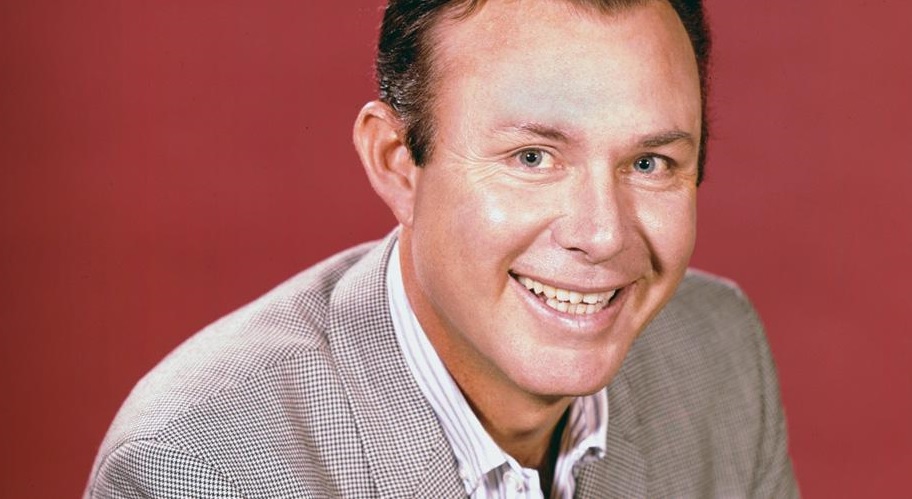
A Whispered Goodbye Wrapped in Velvet Longing
When Jim Reeves released “He’ll Have to Go” in late 1959, few could have anticipated the quiet storm it would unleash—a song so unassuming in its delivery, yet so profound in its emotional resonance. Issued as a single from his album He’ll Have to Go, the track swiftly climbed the charts, reaching No. 1 on the Billboard Hot Country Singles chart in early 1960 and remaining there for an astonishing 14 weeks. It also crossed over to the pop charts, peaking at No. 2, a rare feat for a country ballad at the time. With this song, Jim Reeves cemented his place not only as the “Gentleman Jim” of Nashville but as one of the most distinctive voices to ever caress a microphone.
The enduring power of “He’ll Have to Go” lies not in spectacle but in intimacy. From the first measured notes of the opening piano, the listener is drawn into a dimly lit room, where love hangs heavy and unresolved. Reeves’s baritone—warm, smooth, and heartbreakingly restrained—doesn’t sing so much as confide. The lyrics unfold like a private phone call overheard through walls too thin for privacy: “Put your sweet lips a little closer to the phone / Let’s pretend that we’re together all alone.” It’s a plea, not an argument; a quiet assertion of love teetering on the brink of loss.
The song’s brilliance is its ability to distill emotional complexity into lyrical simplicity. Written by Joe and Audrey Allison, “He’ll Have to Go” articulates that universally gutting moment when romantic certainty slips into doubt. The protagonist suspects he’s being replaced but refuses anger or bitterness. Instead, he seeks clarity with near-spiritual gentleness: “Tell him all about me and do you think you love him more?” In these lines, there’s no aggression—only vulnerability cloaked in dignity. Reeves gives voice to that uniquely human ache of knowing someone else’s presence threatens your place in another’s heart.
Musically, the arrangement is as spare and deliberate as Reeves’s delivery. A modest rhythm section hums beneath subdued guitar strokes and subtle piano chords. The production—characteristic of what would later be dubbed the Nashville Sound—eschews twang for elegance, replacing raw honky-tonk textures with lush restraint. This sonic minimalism amplifies the song’s emotional weight; it allows space for silence to speak volumes between phrases.
Culturally, “He’ll Have to Go” marked a turning point in country music’s evolution. At a time when the genre was often dismissed outside its Southern roots, Reeves’s polished aesthetic brought country storytelling into suburban living rooms and urban cocktail lounges alike. His soft-spoken sorrow resonated across social lines, inviting a broader audience into the fold.
More than six decades later, “He’ll Have to Go” remains an exquisite study in emotional poise—a masterclass in how less can say more. It’s not just a song about love lost or threatened; it’s about how we hold ourselves together when our hearts begin to fray. Through Reeves’s measured voice and timeless melody, it whispers what many feel but cannot say: that sometimes love leaves not with a shout, but with a sigh heard down a telephone line.